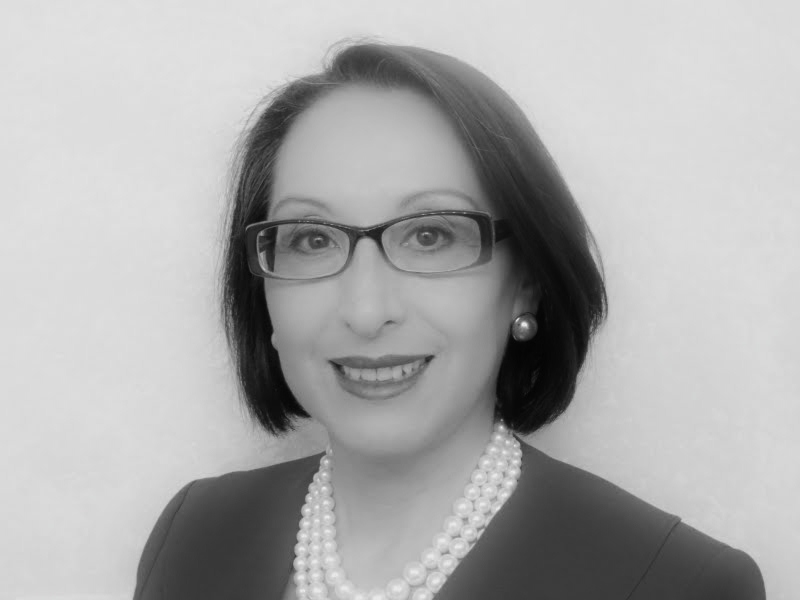Spotlight: The Privilege of Public Service
August 2014 Newsletter
By Jeannette P. Tamayo, Regional Director, Chicago Regional Office
 I have always wanted to make a difference in low-income communities.
I have always wanted to make a difference in low-income communities.
I started my career as full-time as a legal aid attorney during the day and volunteered as a pro bono attorney at night and on weekends. I realized that my work needed to be part of a greater goal, focused on outcomes. While I am not an economic development practitioner, I have worked around the economic development edges for a long time. You cannot address homelessness, joblessness, educational deficits, and a myriad of other issues without addressing the opportunities for gainful employment. When I looked at the federal government as a potential employer, I saw that EDA’s work helps build communities from the bottom up, which made it a logical choice and a natural fit for me.
I joined EDA as Regional Counsel, which gave me the opportunity to delve into the applications and projects as well as the processes that informed decision-making around administrative, programmatic and legal issues. I learned very quickly that creativity, flexibility and resiliency were at the heart of our economic development approach. When the former Regional Director retired, I saw the opportunity to focus on program delivery and applied for the position. While I was unsure about leaving the practice of law, I understood the opportunity and wanted to be a part of the agency’s transformative work.
I grew up professionally in a collegial and collaborative work environment. Seeing that mutual respect and commitment to obtaining results has influenced me throughout my career, and it is a characteristic shared by my mentors and others I admire. Great leaders work, and work hard to achieve their goals. They don’t settle for good enough. They aim for excellence, even when they anticipate failure. They are committed to making a difference, and it doesn’t matter who gets credit or how long success takes to achieve.
In my time as Chicago Regional Director, I have learned that making grants responsibly is challenging on all fronts. Communities put so much time and effort into an application to fund a solution they deem critical for their economic empowerment. I believe that one of the more significant contributions I have made at the CRO is to standardize the IRC meeting and decision-making so that we can report back that we were deliberative, thorough, focused, and objective. We have moved the IRC towards focusing on the quality of the application, the viability of the proposed solution, and the applicant's ability to implement. The due diligence that occurs prior to the IRC during project development leads to the engaged discussions at the IRC meeting, which leads to more informed decisions. Of all of the great things we do, at the end of the day, the projects we fund are the ones that make the biggest difference.
I have tried to foster a few key principles here at EDA:
- Don't just push off the troubling issues – early identification of an issue helps you find a solution.
- Don't just review something superficially – a deep dive vets the pros and cons and establishes the basis for a solution and strong partnership.
- Knowledge shared is knowledge improved.
If I could give one piece of advice to our younger staff it would be to urge them to think about how they can contribute. Find opportunities for professional development and career advancement while focusing on doing a good job in their current role – the two go hand in hand.
I wish I had known that you could change careers, or make up your own career, and that employers would hire you because of how well-rounded you are. I would urge younger staff to look at their time with EDA as an opportunity to build a rich, meaningful, rewarding experience that sparks the imagination, touches them personally, and propels them to soar.
In the inspirational words of my own supervisor, I would advise my colleagues to never lose sight of the fact that our ultimate boss is the taxpaying public, and they are expecting us to serve them well. Those who succeed consider government service a privilege. And remember that personal pride is the greatest reward and asset - at least it is for me.


